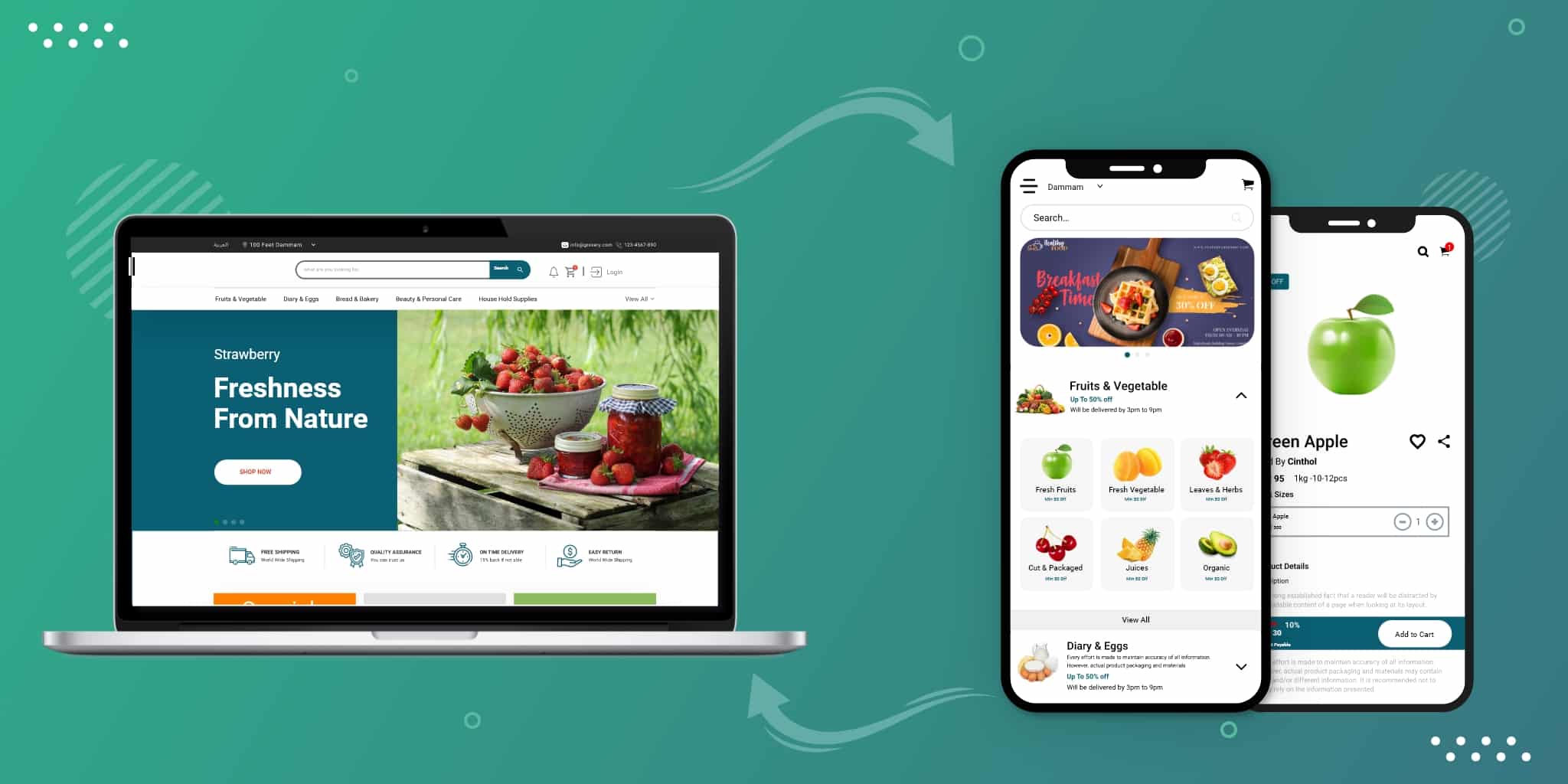 Loading Please Wait...
Loading Please Wait... Loading Please Wait...
Loading Please Wait...
It’s no secret that our society is becoming increasingly reliant on mobile devices. But having a mobile-optimized website alone is no longer enough to thrive in today’s rapidly evolving digital landscape, particularly when targeting mobile users. A mobile website is just the bare minimum.
To keep pace with consumer expectations and gain an edge over your competition, converting your website into an app is critical.
The numbers speak for themselves. 88% of mobile device time is spent using apps. 70% of all digital media consumption comes from apps, and mobile apps are expected to generate over $935 billion this year alone.
Converting a website into an app opens up countless opportunities for businesses across every industry. From improving user engagement and customer loyalty to accessing new revenue streams and expanding market reach, these benefits are hard to overlook for anyone with a website.
Fortunately, developing an app has never been easier. With the help of an app builder or website to app converter, you can turn your website into your own app quickly—without breaking the bank.
If you’re still on the fence, the information in this guide might be enough to change your mind. We’ll dive deep into all the benefits and advantages of going from a website to a mobile app that will take your business to new heights.
A whopping 85% of consumers say they prefer mobile apps over mobile websites. So when you convert your website to an app, you’re instantly improving the user experience.
How is this possible? Let’s take a look at some key UX-related advantages of a mobile app compared to a website.